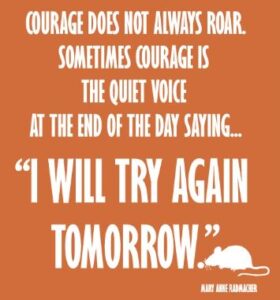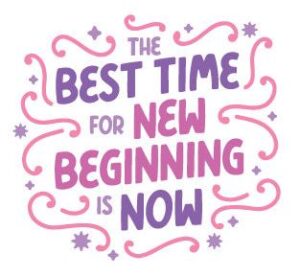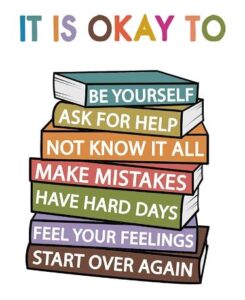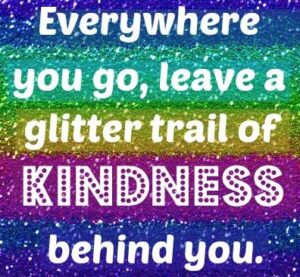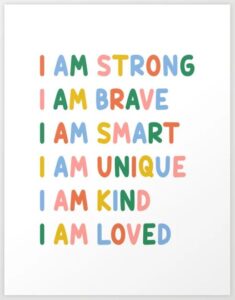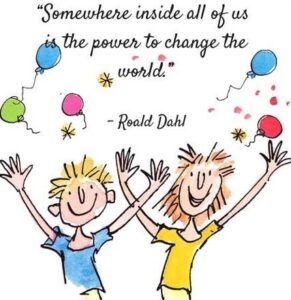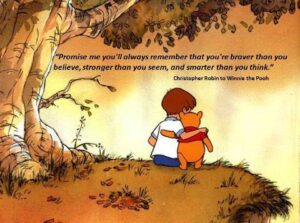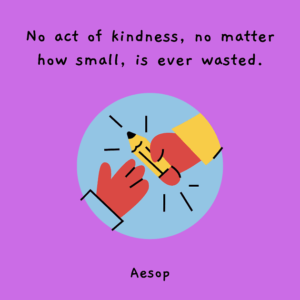
Over the course of their education, children spend over 7,800 hours at school. With such a huge amount of time spent in the classroom, schools provide an ideal environment for promoting good emotional wellbeing and identifying early behaviour changes and signs of mental distress. The social and emotional skills, knowledge and behaviours that young people learn in the classroom can help them to build resilience and set the pattern for how they will manage their mental health throughout their lives. Emotional wellbeing is a clear indicator of academic achievement, success and satisfaction in later life. Evidence shows that mental health and wellbeing programmes in schools, can lead to significant improvements in children’s mental health, and social and emotional skills. Wellbeing provision in schools can also lead to reductions in classroom misbehaviour and bullying.
At Harewood we take the wellbeing of our community very seriously. Our PSHE curriculum teaches specific modules on mental health and we have whole school projects like ‘Feel Good Friday’ where awareness of wellbeing is promoted.
Our caring school community and ethos helps us to look after each other but there are times when professional intervention is needed. We work closely with professionals form our cluster of schools to provide individual and family support where needed. If you feel you need more information on this service please contact school.
Mental health problems affect about 1 in 10 children and young people. They include depression, anxiety and conduct disorder, and are often a direct response to what is happening in their lives.
At Harewood we recognise that the emotional wellbeing of children is just as important as their physical health and academic progress. Good mental health allows children and young people to develop the resilience to cope with whatever life throws at them and grow into well-rounded, healthy adults.
Things that can help keep children and young people mentally well include:
Other factors are also important, including:
Most children grow up mentally healthy, but surveys suggest that more children and young people have problems with their mental health today than 30 years ago. That’s probably because of changes in the way we live now and how that affects the experience of growing up. (Mental Health Foundation)
A copy of our Wellbeing Policy and other documents can be downloaded from our Policies and Forms page.

Harewood Primary has been validated as a MindMate friendly school. MindMate is a Leeds-based organization for young people, their families and the professionals who support them. They are there to help explore emotional wellbeing and mental health issues and offer information about where support is available. Details of the services they offer are available on their website.
Firstly, speak to school. That maybe with the class teacher or SENDCo. We can point families in the direction of support or school can access support for children and families via the Local Authority.
Listed below are a number of websites and places families can also access support or find further information.

School works closely with the Local NHS MindMate Support Team. We have access to a number of resources provided by the team and the link below takes you to their family support page for more information and resources.
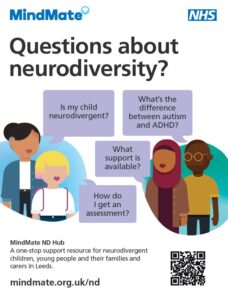
Harewood Primary School is part of a cluster of schools in the North Leeds area who work together to access a number of services. These are normally accessed via a referral from school. Others are open to families to access without school involvement. The following link takes you to one of these services.
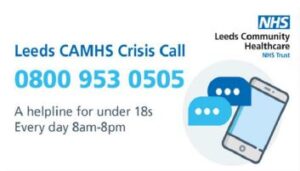
CAMHS (Child and Adolescent Mental Health Services) are an NHS organization specifically aimed at supporting young people with mental health needs. They have units in Leeds and York serving our area. Details of what they offer can be found on their website (https://www.leedscommunityhealthcare.nhs.uk/our-services-a-z/camhs/contact-us/). The following link takes you to a document with contact details for their crisis line.

A healthy start for a brighter future have been commissioned in Leeds for 10 years, initially focussing on the HENRY (Health, Exercise and Nutrition for the Really Young) parent group programme for parents of under 5’s. We are delighted to bring the HENRY 5-12 programme to schools, communities, and families across Leeds. This webpage will tell you all you need to know about how you can get involved and how HENRY could make a difference.
Please click on the picture link to access the resources.

The NSPCC have put together a bank of resources to support families and children during the ongoing COVID pandemic.
Information for parents/carers can be found on the Coronavirus (COVID-19) advice and support for parents and carers page. This includes:
Times are tough for many right now. Parents find themselves pulled in many different directions and children may be struggling being in the house for so much longer than usual. A mixture of concern about covid, work from home and children at home, along with a possible financial impact make for a stressful household.
Young Minds have created a useful ‘Supporting Parents Helpfinder’. By answering six questions, you can find out how to support their child’s mental health
Click on the link to find the help finder: https://youngminds.org.uk/supporting-parents-helpfinder/
Please see the documents below for ideas on how to speak to your child about their mental health
Ideas on how you could support your child if they suffer with anxieties.
(Social, Moral, Spiritual and Cultural Development)
To see more on our work to support our children being active members of a future society, please take a look at our SMSC page.


